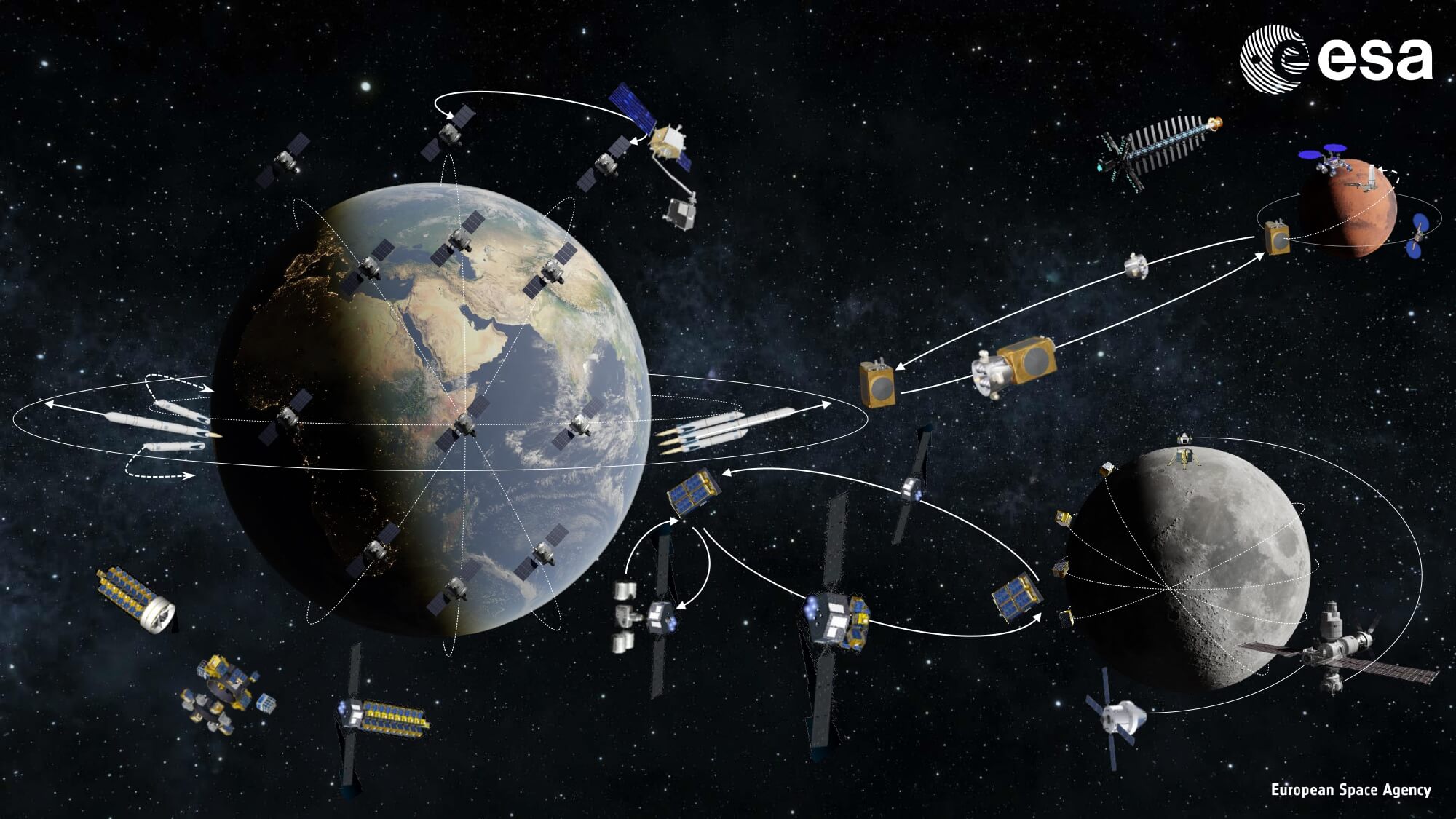The European Space Agency has selected ArianeGroup and German startup RFA to lay the groundwork for a reusable, cost-effective European heavy-lift transport system.
And the winners are...
Contracted by the European Space Agency in equal parts to the Italian Space Agency (ASI), the German Aerospace Center (DLR) and Cnes, the Future Launchers Preparatory Programme FLPP is a European Space Agency program designed to prepare for new generations of European launchers.
In this framework, the ESA had launched in June 2022 a call for applications for a Phase 0/A study, named Protein (Preparatory Activities for European Heavy Lift Launcher).
ESA selected two candidates : the Franco-German ArianeGroup (industrial prime contractor for the Ariane 5 and Ariane 6 launchers) and Rocket Factory Augsburg (a Munich-based startup that develops the microlancer RFA One).
They will have to hand in their copy next September.
Very ambitious goals
The Protein study must assess the feasibility and identify the key technologies needed to develop a totally reusable European heavy lift launcher, known as EHLL (European Heavy Lift Launcher), with many virtues.
In fact, the vehicle must guarantee access to low Earth orbit and beyond, offering at the same time large payload capacities (at least 10 000 t per year), a high launch rate, low construction and operating costs, and a reduced environmental footprint, in line with the European Green Deal initiative.
At the service of a complete ecosystem
More efficient than current launchers, this new means of transport must be optimized to deploy large infrastructures in low orbit and ship deep space missions after 2035, in coupling with ISTV (In-Space-Transportation Vehicles).
When ESA talks about large infrastructure, it refers to data centers, solar power generation or industrial manufacturing on orbit, similar to the Ascend or Solaris projects.
Ascend (Advanced Space Cloud for European Net zero emission and Data sovereignty) is a feasibility study of data centers on orbit, entrusted last November to Thales Alenia Space within the framework of the vast European research program Horizon Europe (see Air & Cosmos No. 2807).
Solaris is a pilot program approved last November by the ESA Council at the ministerial level, which should pave the way for a possible decision in 2025 on a full development program for solar power plants on orbit.
Découvrez cet article sur Air&Cosmos

